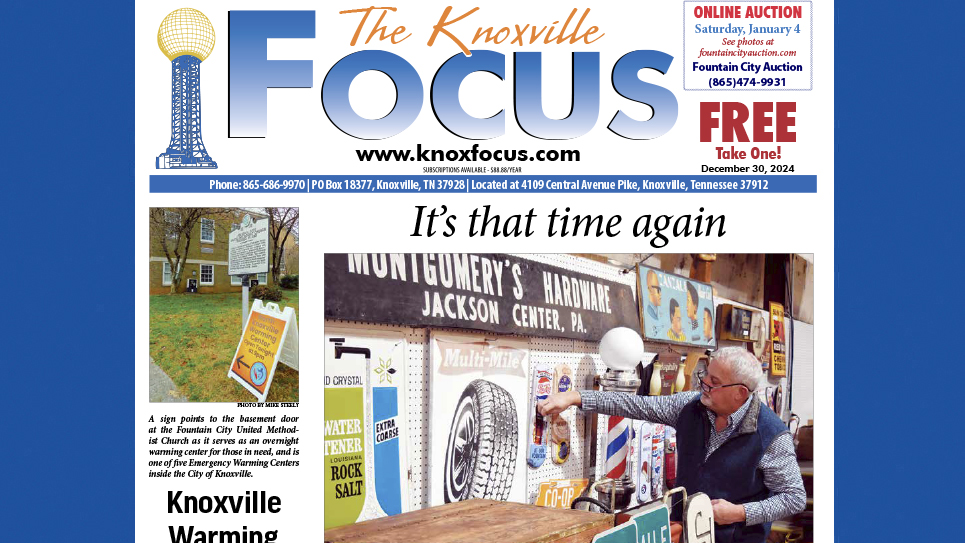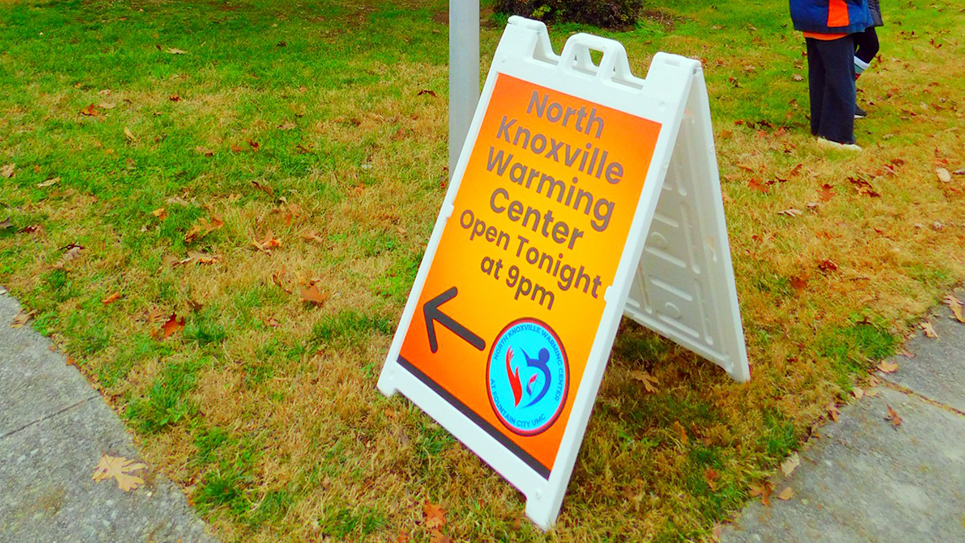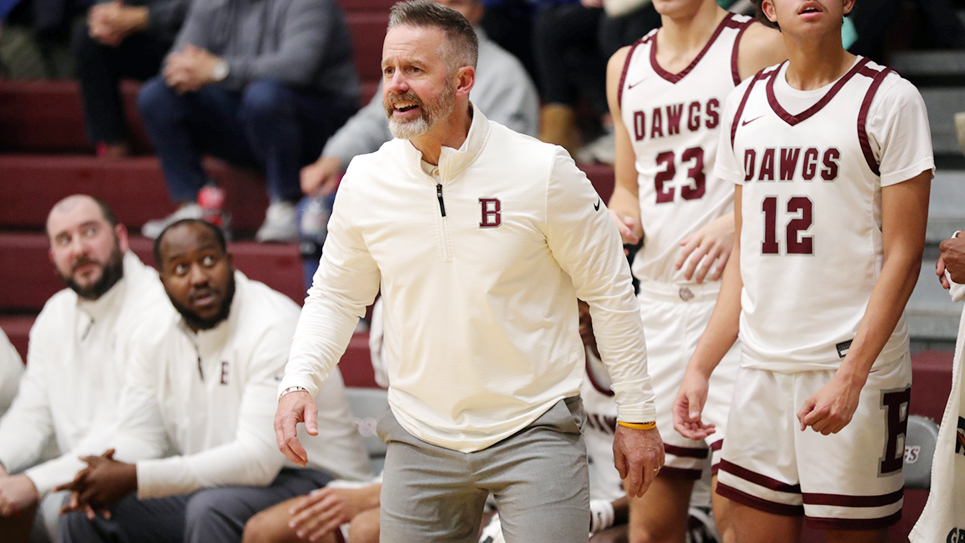First Batch of Public Comment Available for Review
Nashville, TN — In anticipation of further upcoming conversations around a student-based funding formula for Tennessee’s public schools, and as the department launches its School Funding Ambassadors opportunity available to any interested Tennessean, the Tennessee Department of Education invites all Tennesseans to e-mail their priorities for a student-centered public education funding strategy to tnedu.funding@tn.
After Governor Bill Lee announced in October that the state would review its public school funding formula, hundreds of Tennesseans indicated they would be interested in supporting the work of the 18 school funding subcommittees tasked with making recommendations to a steering committee of legislative leaders for a new student-based funding formula in Tennessee. The department has developed a simple form
“I am thrilled by the response of Tennesseans across the state who have shared or sent direct feedback on what they would like to see in a new formula to fund public education,” said Commissioner Penny Schwinn. “The conversations we’re hearing on how to best fund the academic success of our public school students are incredibly important. As we enter into the next phase of conversations, I encourage and invite all Tennesseans to submit their comments and share their priorities for a new student-based funding strategy for Tennessee.”
Public comment and feedback received thus far is now available here. A sample of submissions is included below:
“I think to be student focused it must follow the student, otherwise it is not student focused, because what’s right for my two kids is not the same that is right for every other person’s kid in here. We heard about values, the Tennessee values, well not everybody has the exact same value so I as a parent, I need to decide what’s right for my kids and it’s not the same for both, but the funding does need to follow the student.” – Frank Napolitano, Mid-Cumberland Region Public Town Hall Attendee
“There needs to be more funding allocated to Response to Intervention to help schools be able to put money and resources to the 80 percent of students who need it the most, and not remain focused on that 15 percent that will learn regardless of what the education is.” – Krista Johnson, Southwest Region Public Town Hall Attendee
“Digital literacy has to be at the top of the list, financial literacy has to be the top of the list, actually all that’s hard at the top of a list when there’s a list right, but family consumer sciences-that’s something that I think is currently classified as career technical education in our school system, but that’s something everyone needs to have access to.” – Ryan Egley, SouthCentral
“I am working to advocate for a new funding formula that fully funds all students and schools through increased funding, increased support for high needs, and rural districts, greater transparency so that families are able to advocate for their students’ needs and ensure they are adequately and holistically supported.” – Meredith McGann, First Region Public Town Hall Attendee
“It was important to have my aides because I did not start talking for a while, but I was always listening and learning. My aides helped all of my teachers and classmates, not just me. I am one of the very few students in our district who needed an aide and got one. There are a lot of kids like me who can be included the way I was, so I hope this new funding formula will fix things so they can have the best time in school like I did.” – Ben Kredich, East Region Public Town Hall Attendee
“Moving forward we recommend the state invest a similar amount as the state, as the national average GDP on a per student basis. Making future funding predictable for planning for districts, fairness in all allocations by addressing local districts, ability to pay and providing appropriate funding to districts with low property wealth. This will help make up the difference between what a district needs and what is reasonably able to contribute based on their ability to raise local revenue.” – Angela Favaloro, Southeast Region Public Town Hall Attendee
“I believe we have a critical need for a substantial increase in the number of interventionists in our schools to help one-on-one with these students. I know it is costly, but our students need it. They need more help than a single teacher can give.” – Diana Mitchell, Northwest Region Public Town Hall Attendee
“I’m on the Rural school committee…and one thing that really concerns me a lot is I’m right next to one of the largest counties growing in Tennessee and that’s Rutherford. Our teachers see the price tag of what they could earn in a neighboring county and it’s tough for us in Cannon County to keep those individuals and much less to recruit them so the equity issue raised is very critical to us because we’ve got to keep the teachers that we have.” – William Freddy Curtis, Director of Cannon County Schools, Attendee of Upper Cumberland Region Public Town Hall
“Additional funding to cover DE (Dual Enrollment) and AP (Advanced Placement) expenses, higher pay to support quality teachers so they don’t want to leave, additional support staff for teachers and students.” – Nicole Carney, Twitter Town Hall Participant
“Invest in teachers who invest in students. You will get higher quality teachers with less turnover if you pay teachers what they are worth. Teachers ARE student focused.” – Monica White, Twitter Town Hall Participant
All associated subcommittee
Tennesseans can also sign up here for weekly email updates on school funding.
On Tuesday, December 14th, the department will host its final Twitter Town Hall to engage with Tennesseans on their thoughts and feedback via social media. Follow #TNEduFunding on social media to keep updated and join the conversation about our review of public school funding and how to best serve students in Tennessee.
Visit this webpage for more information: https://www.tn.






